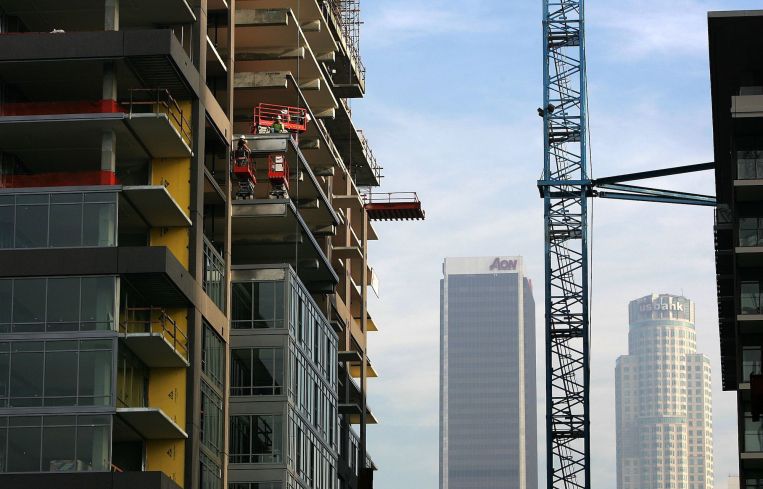Delta Hampering Construction Industry Recovery: Report
By Andrew Coen September 2, 2021 5:22 pm
reprints
The U.S. construction industry’s recovery from the height of the COVID-19 pandemic last year has hit a speed bump in late 2021, largely because of the delta variant.
National construction spending expanded just 0.1 percent in July and month-over-month spending was down across six of 16 nonresidential sectors, according to an Associated Builders and Contractors (ABC) analysis of data published Monday by the U.S. Census Bureau. Total nonresidential construction spending dipped 4.2 percent in July compared to the year-ago period.
“While the headline number suggests that nonresidential spending was effectively flat in July, the figure does not adjust for inflation,” ABC Chief Economist Anirban Basu said in a statement. “With COVID-19 continuing to wreak havoc on supply chains, materials prices and transportation costs are set to remain elevated well into 2022.”
Basu noted that rising COVID-19 infections, that have been spurred by the highly contagious delta variant, have resulted in a “significantly slower” construction recovery than was projected. The virus has negatively affected supply chains with material prices and transportation costs expected to remain “elevated” well into next year, said Basau.
The lodging sector was the hardest hit commercial real estate asset class in terms of year-over-year construction spending with a dip of 30 percent. Office construction dropped 7 percent compared to July 2020 levels.
Higher inflation conditions are likely to persist into 2022, according to Basau, as suppliers grapple with challenges keeping up with rising demand for goods and services. He cautioned contractors to work contingencies into their agreements to shield themselves from more price spikes with materials.
“While overall nonresidential construction spending is down 4 percent on a year-over-year basis, public construction spending is down more than 5 percent,” Basu said. “That said, there are some private segments that continue to exhibit weakness, due in part to behavioral shifts that have transpired during the public health crisis. Spending is down year over year in the lodging and office segments, and neither of these segments exhibited a rebirth of momentum in July.”
- Andrew Coen can be reached at acoen@commercialobserver.com



